Wisconsin Biographies
09/08/25 | 26m 49s | Rating: NR
Wisconsin Biographies tells the stories of notable Wisconsinites who have made history. Featured in this compilation: Mohican teacher Electa Quinney, Chippewa activist Walter Bresette, electric guitar pioneer Les Paul, dairy scientist Stephen Babcock and recycling revolutionary Milly Zantow.
Copy and Paste the Following Code to Embed this Video:
Wisconsin Biographies
Announcer: PBS Wisconsin Education leverages the power of public media to spark curiosity and ignite learning in Pre-K settings through 12th grade. Educational media can help build skills that students need to be successful. PBS KIDS content and activities enhance school readiness and support children to reach their full potential in school and in life.
We also deliver award-winning educational media for elementary through high school classrooms. Our media is aligned to state standards, and our locally-produced content is designed for and with Wisconsin educators.
We offer powerful and practical professional learning to support educators in activating all PBS resources, and we empower students to make their own media through our youth media initiative. Be part of our service by sharing with an educator you know today! Pbswisconsineducation.org.
[lively string and flute music]
Electa Quinney: First Teacher in Wisconsin
Narrator: Electa Quinney was heartbroken to leave her home. She was barely ten years old, and she and five other Mohican girls were going far away to school. It would be a long time before they would see their families again. But they knew that education was their best chance at surviving. To understand why, we have to go back to the years before Electa was born.
[dramatic music]
Electa and her family were Mohicans. The Mohicans lived in a thriving community in the state now known as New York. But by the 1700s, more and more European invaders were coming to America to seize land and resources. Colonization, war, and European diseases decimated the Mohican populations and homelands. In order to survive, the Mohicans were forced to move.
In the 1730s, they decided to live alongside some English colonists and form the town that became Stockbridge, Massachusetts. There, the Stockbridge Mohicans raised families, farmed and hunted, and participated in town life. When the Revolutionary War broke out, the Stockbridge Mohicans fought alongside the colonists against the British. The American colonists promised to let them keep their lands in return for this service.
But after the war, they broke this promise and forced the Stockbridge Mohicans off their land and out of their homes. Again.
Another tribe, the Oneida, offered the Stockbridge Mohicans a place to live in New York State. So, they moved there and started rebuilding their community. They called their new home New Stockbridge.
In 1797, several Stockbridge Mohican families sent their daughters to live and study with non-Native families. Over several years, the girls learned reading, writing, and arithmetic, as well as crafts like knitting and how to make cheese and butter. Their parents explained that a combination of Native teachings with a non-Native education would help the community understand and negotiate with American colonists. Doing this would be key to their survival.
Back in New Stockbridge, the girls then shared what they’d learned. One of them, Mary Peters Doxtator, opened a school for Stockbridge Mohican girls. They produced cloth that they could sell. The students would then share their profits to help care for the whole community, an important Mohican value.
Stockbridge Mohicans invested years building New Stockbridge. Sending Electa and the other girls away to school was part of their work to keep this as their home.
But the New York state government and businesses were working hard to remove all Native people from the state. Reluctantly, the Stockbridge Mohicans were forced to make their most devastating move yetinto the unknown.
In the early 1820s, the Stockbridge Mohicans began their journey to the area that is now Wisconsin, where they signed a treaty with the Ho-Chunk and Menominee for some land. They could only bring their most important possessions, and they had no way of knowing what life would be like so far from their homelands. But the love of their people was so strong that they committed to doing what was necessary to ensure a better life for future generations of the Mohican Nation.
Electa Quinney was one of the people who helped carry Mohican traditions to Wisconsin from their homelands in the east. When she arrived in Statesburg, now Kaukauna, in 1828, the Stockbridge Mohican community was busy rebuilding.
That summer, Electa started teaching in Statesburg. That made her, a Native woman, the first known person to teach public school in the area that became Wisconsin. Yes, the first!
She taught reading, spelling, math, and public speaking to Native and non-Native students alike. Having a Native teacher at a school open to all students was an important sign of the Stockbridge Mohicans’ generosity at work.
This was a big responsibility for Electa, but she came from a long line of tribal leaders, historians, diplomats, and educators.
Electa lived out her life as a cherished Mohican elder on a farm in the community. When she died around 1885, she could rest knowing she had done her part to uplift her nation in the face of great obstacles.
Today, the Mohicans in Wisconsin call themselves the Stockbridge-Munsee Band of Mohicans, and their reservation is in Shawano County. They continue to be inspired by Electa Quinney. Electa lifted up Native and non-Native people. She taught not only school lessons, but demonstrated how to build a better society. Her generosity is a defining Mohican value, one that the Stockbridge-Munsee Band of Mohicans are still known for today.
Bill Miller: [singing] She came here to teach us. Her spirit still reaches. Electa, you taught us so well. Way ah ay ah way ah ay oh. She came here to teach us. Her spirit still reaches. Electa, you taught us so well. Way ah ay ah way ah ay oh.
[lively string music]
[gentle acoustic guitar music]
Walter Bresette: Chippewa Treaty Rights and Sovereignty
Walter Bresette: I wanna begin at the beginning, and I always draw a map of Wisconsin, and I keep getting worse each time that I do draw it. Here’s Duluth, here’s La Crosse. I’m from this little community up here, which is the Red Cliff Reservation. So I’m a Lake Superior Chippewa. My village has a government-to-government relationship with the United States called sovereignty.
Laws, et cetera, need to take into account this concept of sovereignty. And the treaties of 1837 and 1842 were basically deeds to real estate transactions. You know, I’m sure there was something a little bit more than that going on. We won’t debate that here.
When that land was sold to the United States, there were easements on it. The easement was that we would always have access to hunting, fishing, and gathering of the resources of this land. So we sold the surface and the United States said, “Great.”
Policies change, some years they like Indians, some years they ignore them, some years they try and get rid of ’em.
So back in 1974, here on the Lac Courte Oreilles Reservation, there was a lake, but these young brothers said that perhaps that the state really never had authority to impose state game law against the Chippewa. They would remember the old grandpa stories. “Grandpa told me that his grandpa told him, he was there when they signed those treaties. And the treaties are our license.”
So what they did was not unlike what Ghandi did, was not unlike what Rosa Parks did, was not unlike what anyone else did when they kind of knew in their heart that this law was not right.
They went across the imaginary line here and began spearfishing and, of course, they were arrested, cited for violating state game laws.
Well, to make that story shorter, in 1983, a three-judge panel in Chicago said Grandpa was right, that these young Tribble brothers had indeed stumbled onto lost rights.
They said, “We think that the state has been given no constitutional authority for them to impose against the Chippewa, who are the legal inheritors of these easements.”
However, when the court ruled, they said, “You know, it’s a long time since 1837 and 1842, so what we want you people to do, to go argue the scope of these rights.”
There is nothing in the treaties which say we must use the technology that existed when the treaties were signed. So the Chippewa can do anything in terms of methods that are available that doesn’t threaten the resource.
What was concluded was that wherever any of these resources are harvested by the general public, the Chippewa could harvest their portion of these resources. Wherever anybody else can do it, we can do it. And the tribal government understood for the first time that geez, this is a right. Lost rights. Rights that were never given up, were never sold, were never taken away, but were just usurped by might by the state of Wisconsin.
[gentle acoustic guitar music]
[lively string music]
[guitar strums]
Les Paul: Guitar and Recording Innovation
Mike Bloomfield: This is a cherry Les Paul Sunburst guitar. It’s one of the greatest rock and roll guitars ever made.
Rick Derringer: I just wonder if Les ever had any idea the kind of noise we’d all be makin’ with these things. His involvement in recording and in guitar recording, he’s probably the number one man.
[slide guitar]
Les Paul: To begin at the beginning, I was born in Waukesha, Wisconsin. And about the age of seven, something happened to me. And I became interested in music and electronics. I noticed this one fellow was winding this wire around this toilet roll, and I says, “Harry, what in the world are you doin’?” He says,
Search Episodes
Related Stories from PBS Wisconsin's Blog

Donate to sign up. Activate and sign in to Passport. It's that easy to help PBS Wisconsin serve your community through media that educates, inspires, and entertains.
Make your membership gift today
Only for new users: Activate Passport using your code or email address
Already a member?
Look up my account
Need some help? Go to FAQ or visit PBS Passport Help
Need help accessing PBS Wisconsin anywhere?

Online Access | Platform & Device Access | Cable or Satellite Access | Over-The-Air Access
Visit Access Guide
Need help accessing PBS Wisconsin anywhere?

Visit Our
Live TV Access Guide
Online AccessPlatform & Device Access
Cable or Satellite Access
Over-The-Air Access
Visit Access Guide
 Passport
Passport





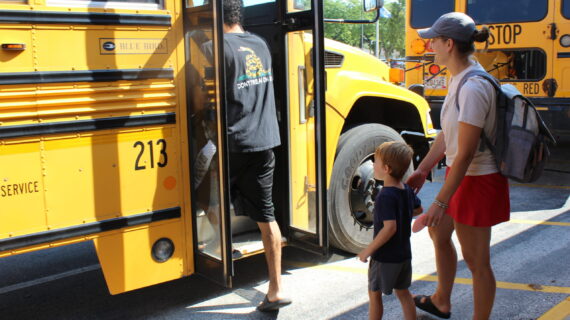
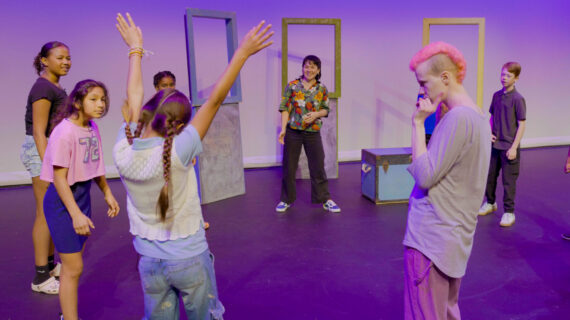
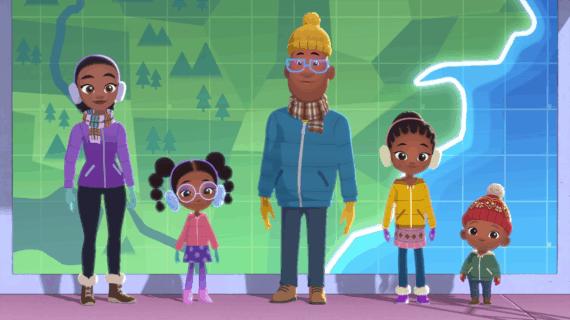

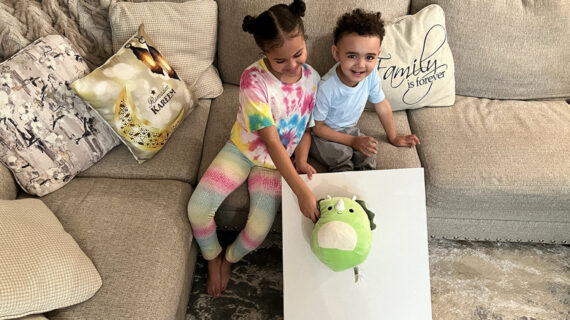
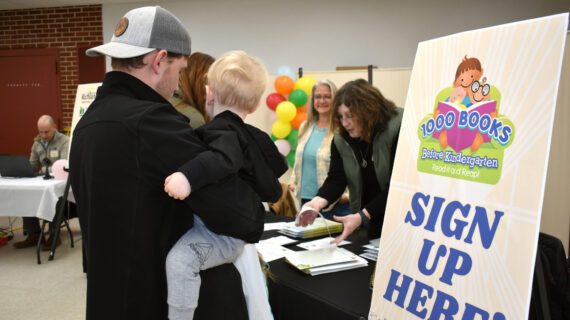
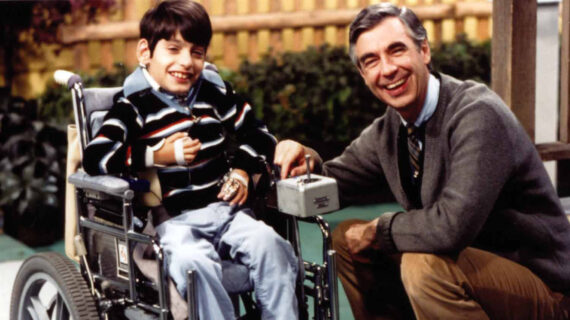
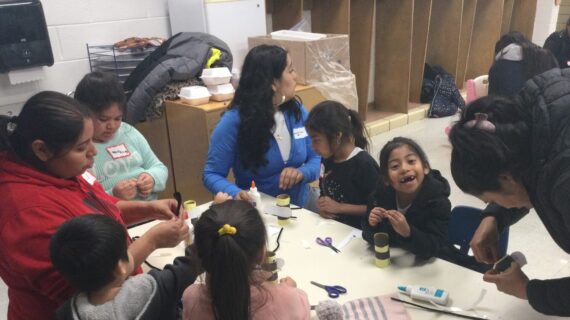
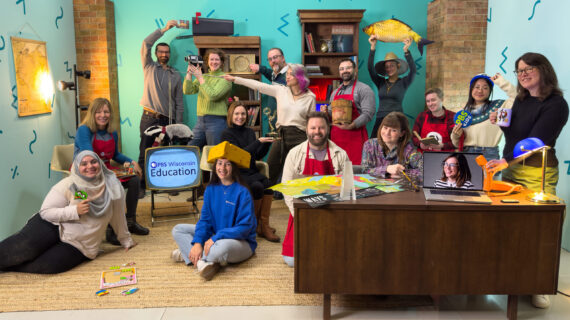
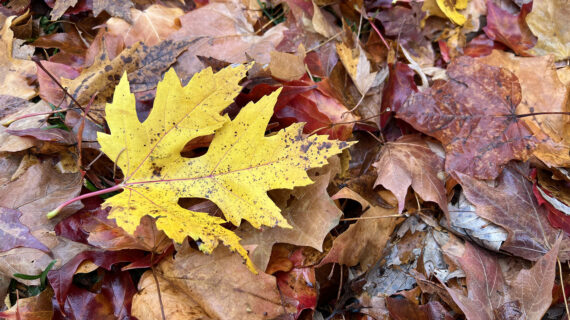
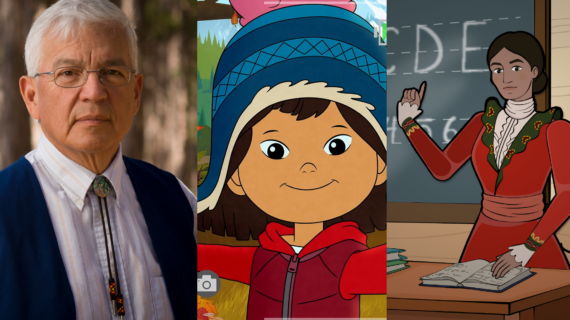
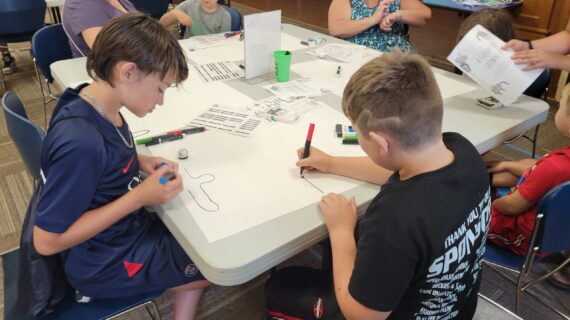

Follow Us